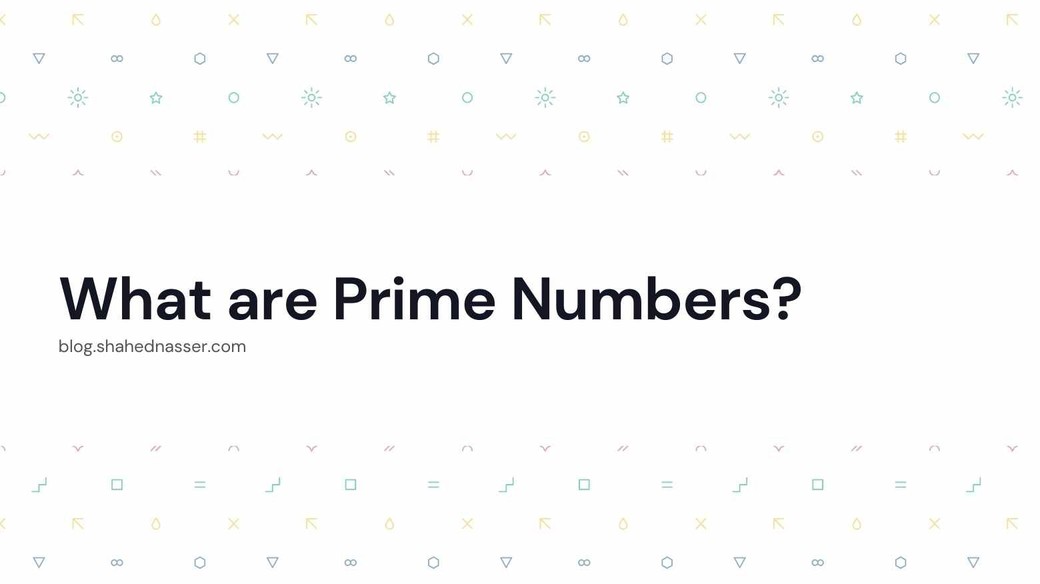Prime numbers, by definition, are integers that could not be decomposed into two new numbers. In Number theory, a prime number P is an integer that has just two divisors: 1 and P. There is no known sequence in mathematics that could describe the chain of prime numbers.
A long period ago, Mathematicians had a lot of challenges to prove that a number is prime. Moreover, a mathematician now could do new research that could be published in great journals just if he found a new prime number! The largest known prime number till now (May 2022) is the number 2^{82,589,933 }− 1, which has 24,862,048 digits!
So, what is the magic in prime numbers?! And why are mathematicians interested in it?! The answer is in the following theorem in Number theory, which says that "Any integer n could write as a product of the power of prime numbers".
For example 4=2x2, 6=2x3, 8=2^3, and 9=3^2, with 2 and 3 being primes. What does that mean? This means that if you want to prove any theorem in the whole set of integers, it is enough to prove it on the set of prime numbers since all numbers could return to the power of prime numbers.
Although there are some theorems that could provide a way to approximate the number of prime numbers less than or equal to a given number n (The prime number theorem for example), we still have a lot of research to do in this part of the field of Number theory.
Mathematicians will never stop trying to find a way to test a number if it is prime or not, could it possible?

